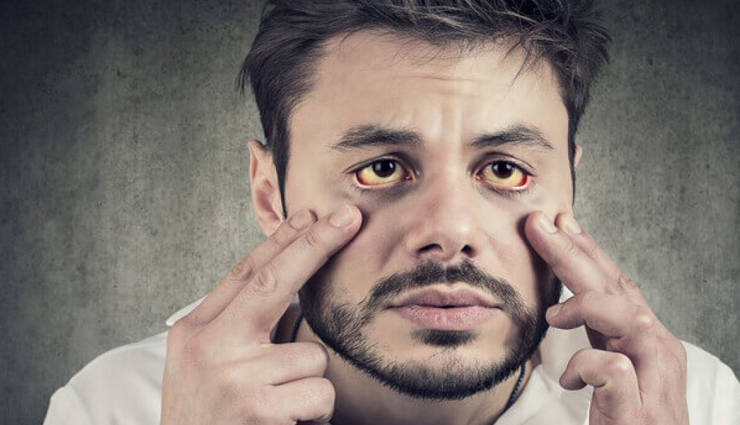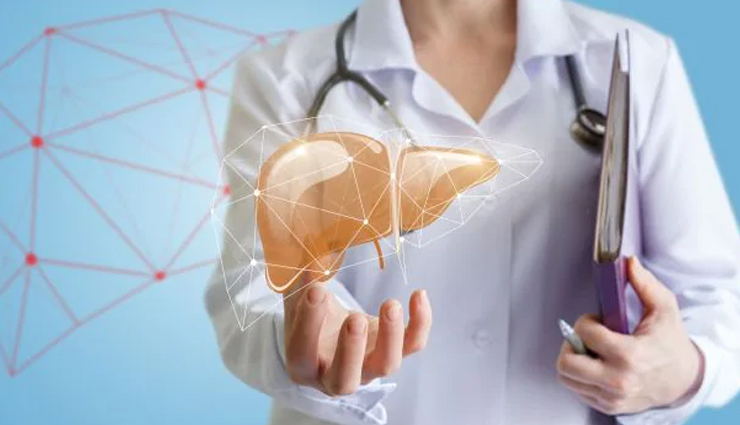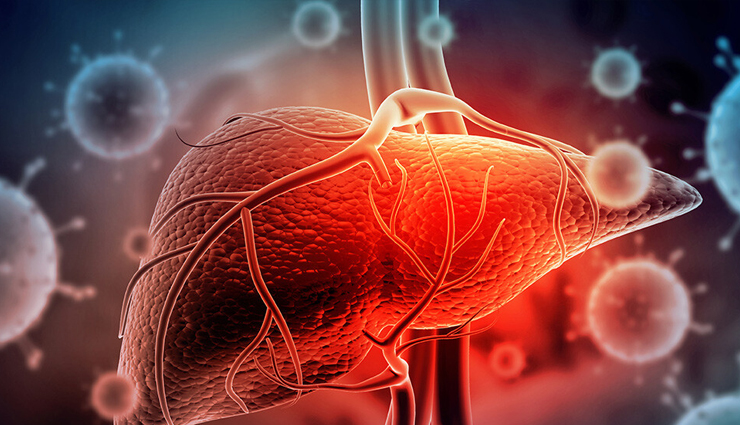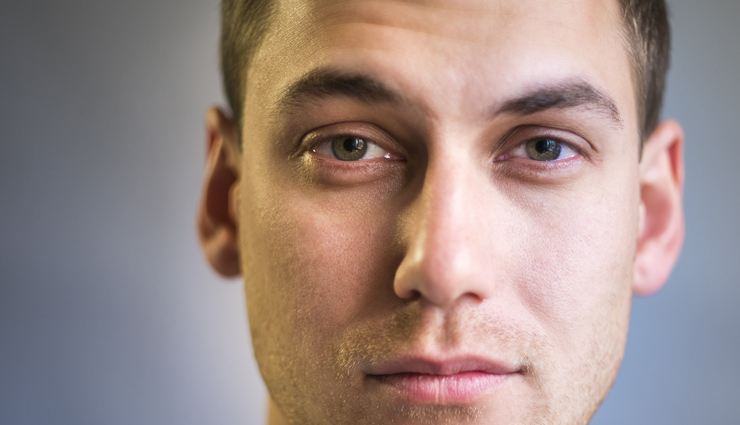- Home›
- Healthy Living›
- Understand That Causes,Symptoms And Treatment Of Jaundice
Understand That Causes,Symptoms And Treatment Of Jaundice
By: Priyanka Wed, 24 Aug 2022 12:39:35

Blurred face, yellowing of the eyes is one of the major symptoms of jaundice. This disease is seen mostly in newborns, but now its victims are also becoming adults. In such a situation, it is very important to know about the cause as well as prevention. Today we will tell you through this article what is jaundice? What are the major symptoms of jaundice? How is it investigated and treated and what are the remedies? Let's read further ...

Fast facts on jaundice
# Jaundice is caused by a buildup of bilirubin, a waste material, in the blood.
An inflamed liver or obstructed bile duct can lead to jaundice, as well as other underlying conditions.
# Symptoms include a yellow tinge to the skin and whites of the eyes, dark urine, and itchiness.
# Diagnosis of jaundice can involve a range of tests.
# Jaundice is treated by managing the underlying cause.
Symptoms
The common symptoms of jaundice usually include a yellowish or brownish-orange tinge of skin, eyes, body fluids like urine and stool. Other signs and symptoms due to the causative factors include:
# Nausea and vomiting
# Diarrhoea
# Fever and chills
# Loss of appetite
# Abdominal pain and discomfort
# General debility
# Headache
# Confusion
# Swelling of the legs and abdomen
# Weight Loss
# Skin Itching

Pre-hepatic (before bile is made in the liver)
Jaundice in these cases is caused by rapid increase in the breakdown and destruction of the red blood cells (hemolysis), overwhelming the liver's ability to adequately remove the increased levels of bilirubin from the blood.
Examples of conditions with increased breakdown of red blood cells include:
malaria,
sickle cell crisis,
spherocytosis,
thalassemia,
glucose-6-phosphate dehydrogenase deficiency (G6PD),
drugs or other toxins, and
autoimmune disorders.
Hepatic (the problem arises within the liver)
Jaundice in these cases is caused by the liver's inability to properly metabolize and excrete bilirubin. Examples include:
Hepatitis (commonly viral or alcohol related),
Cirrhosis,
Drugs Or Other Toxins,
Crigler-Najjar Syndrome,
Gilbert's Syndrome, And Cancer.

Post-hepatic (after bile has been made in the liver)
Jaundice in these cases, also termed obstructive jaundice, is caused by conditions which interrupt the normal drainage of conjugated bilirubin in the form of bile from the liver into the intestines.
Causes of obstructive jaundice include:
Gallstones In The Bile Ducts,
Cancer (Pancreatic And Gallbladder/Bile Duct Carcinoma),
Strictures Of The Bile Ducts,
Cholangitis,
Congenital Malformations,
Pancreatitis,
Parasites,
Pregnancy, And
Newborn Jaundice.

Diagnosis And Treatment
The doctor usually does a thorough physical check-up of the skin and eyes and acknowledge the patient’s past medical history to understand the type and cause of jaundice. The doctor may also perform a series of tests including:
Liver blood tests like Bilirubin test, to measure the amount of bilirubin in your blood,
Complete blood count (CBC)
Blood tests to check lipase levels
Electrolyte panel
Urine test
Other Liver tests
Imaging techniques like ultrasound, CT scan, MRI, Cholescintigraphy, and Endoscopic retrograde cholangiopancreatography to analyse the condition of the liver and bile ducts.
In certain chronic conditions, a biopsy is also done to check for cancerous cells.
Treatment
Treatment options for jaundice basically depend upon the causative factor i.e. the underlying conditions and complications related to it. In acute cases, the patient can get well with a few medications and rest at home. Other conditions may ask for treatment with intravenous fluids, antibiotics, and blood transfusions. In severe chronic conditions, the doctor may even call for surgery.





-1714358904-lb.jpg)